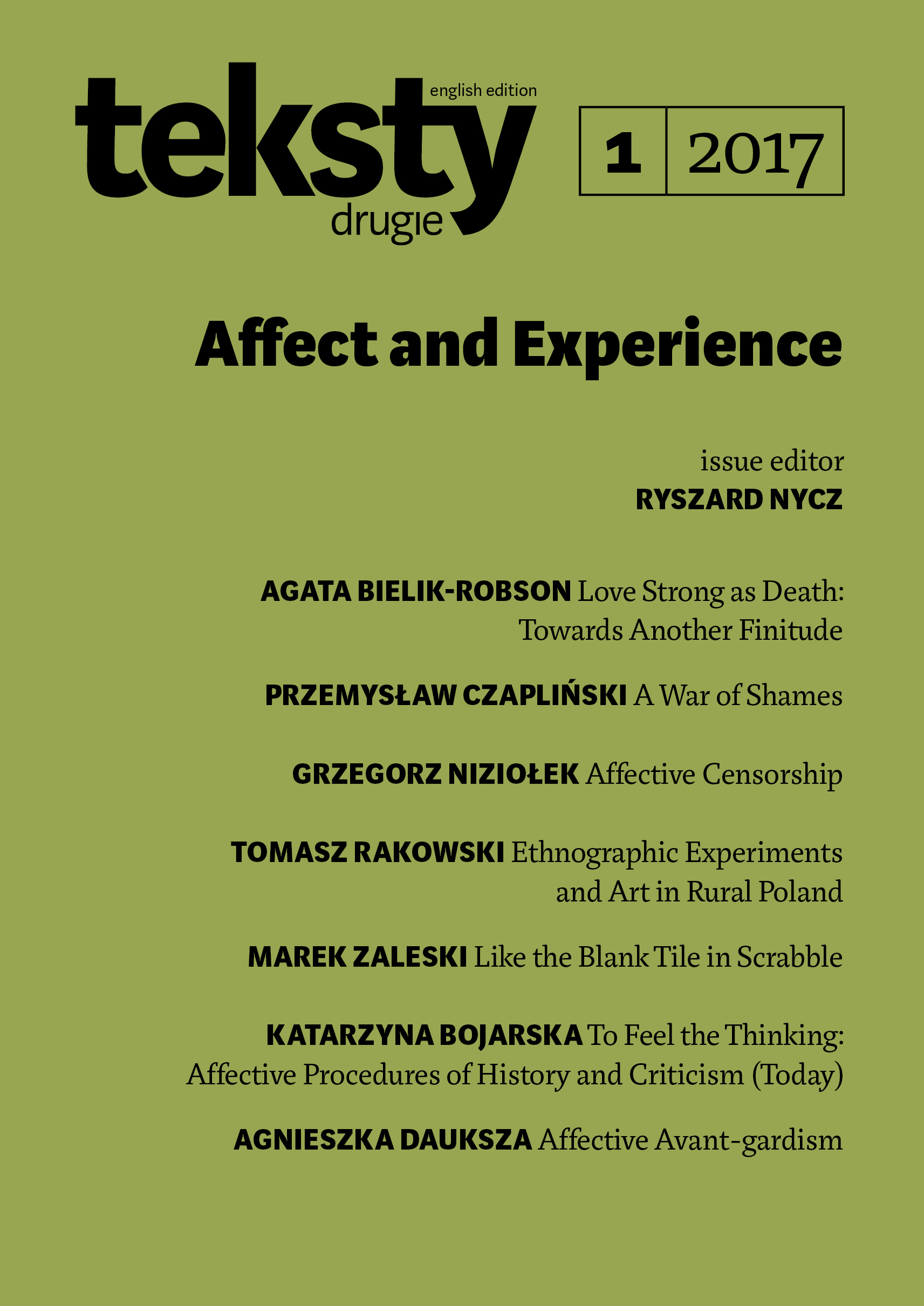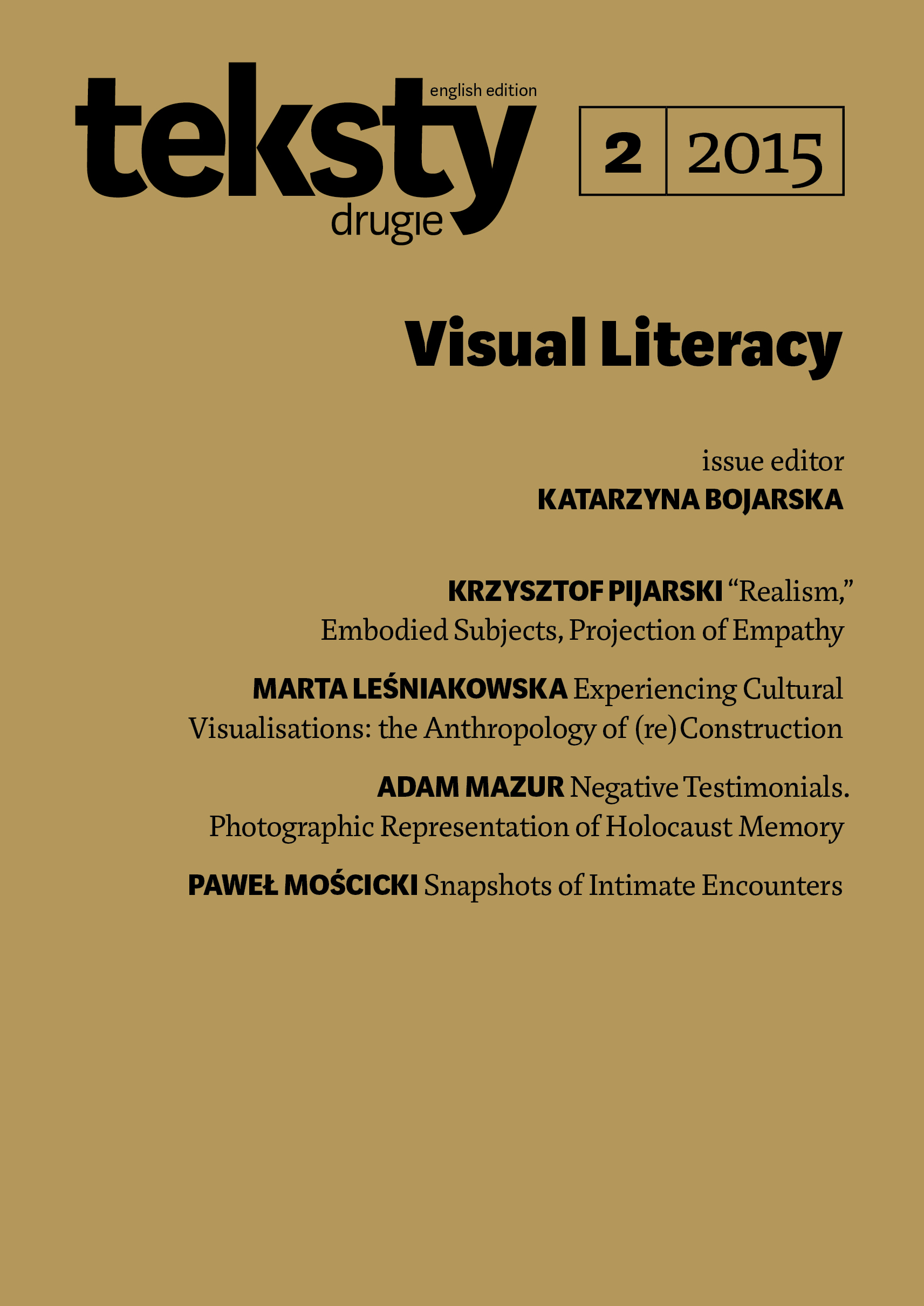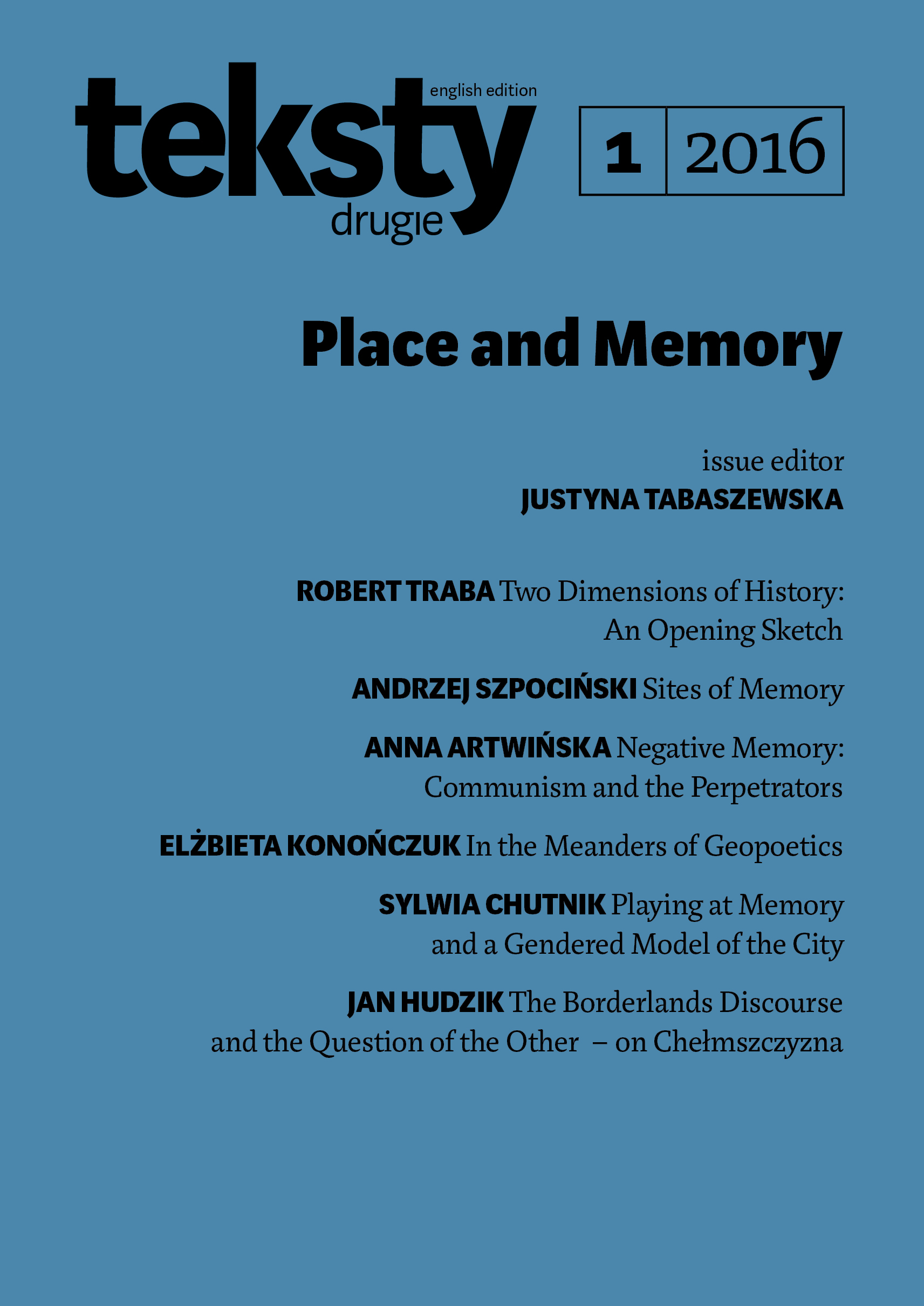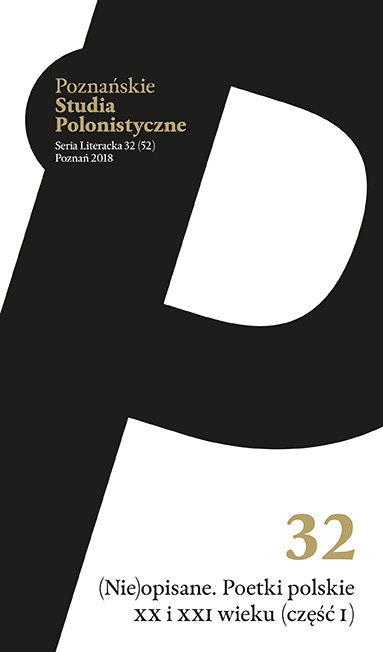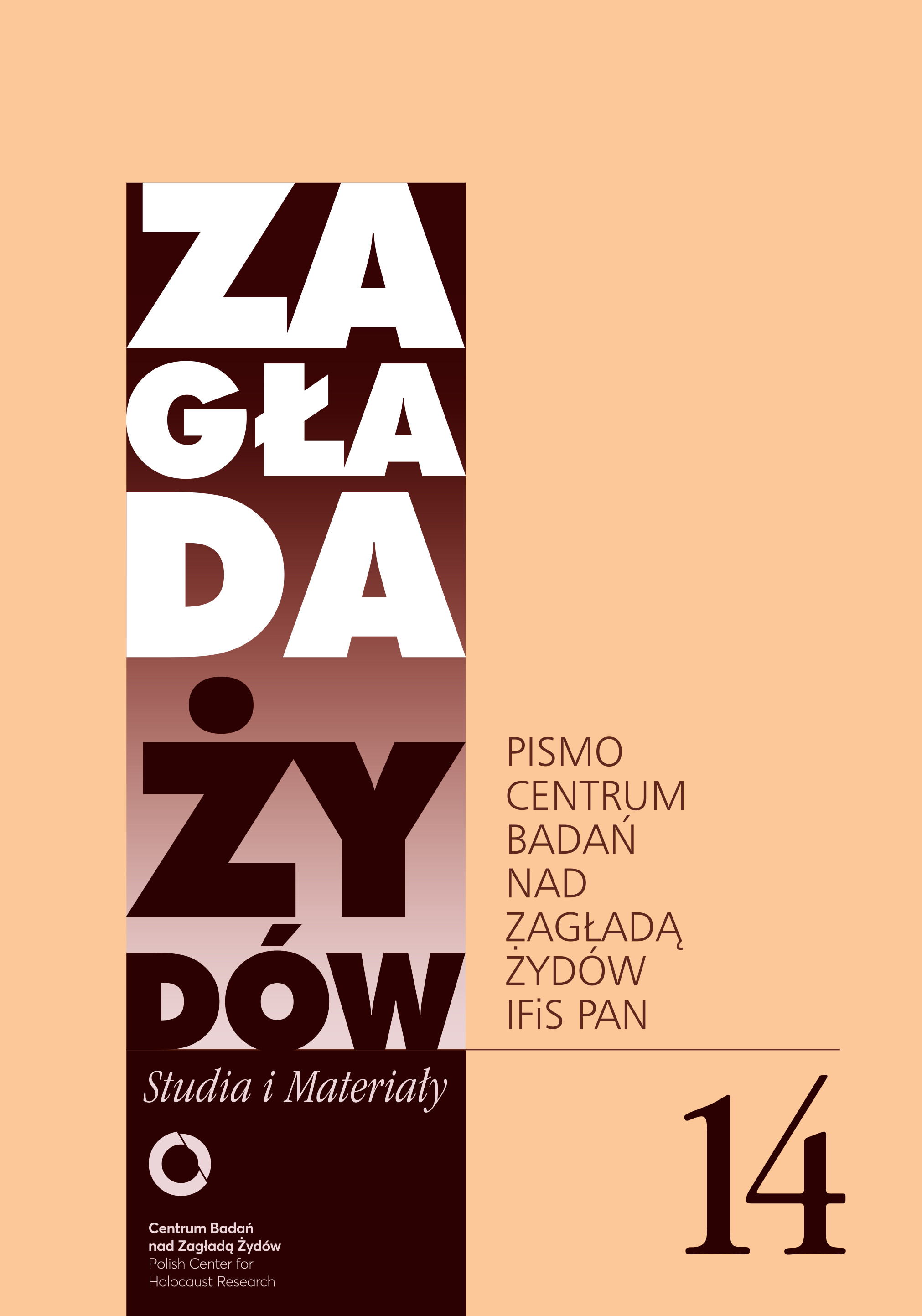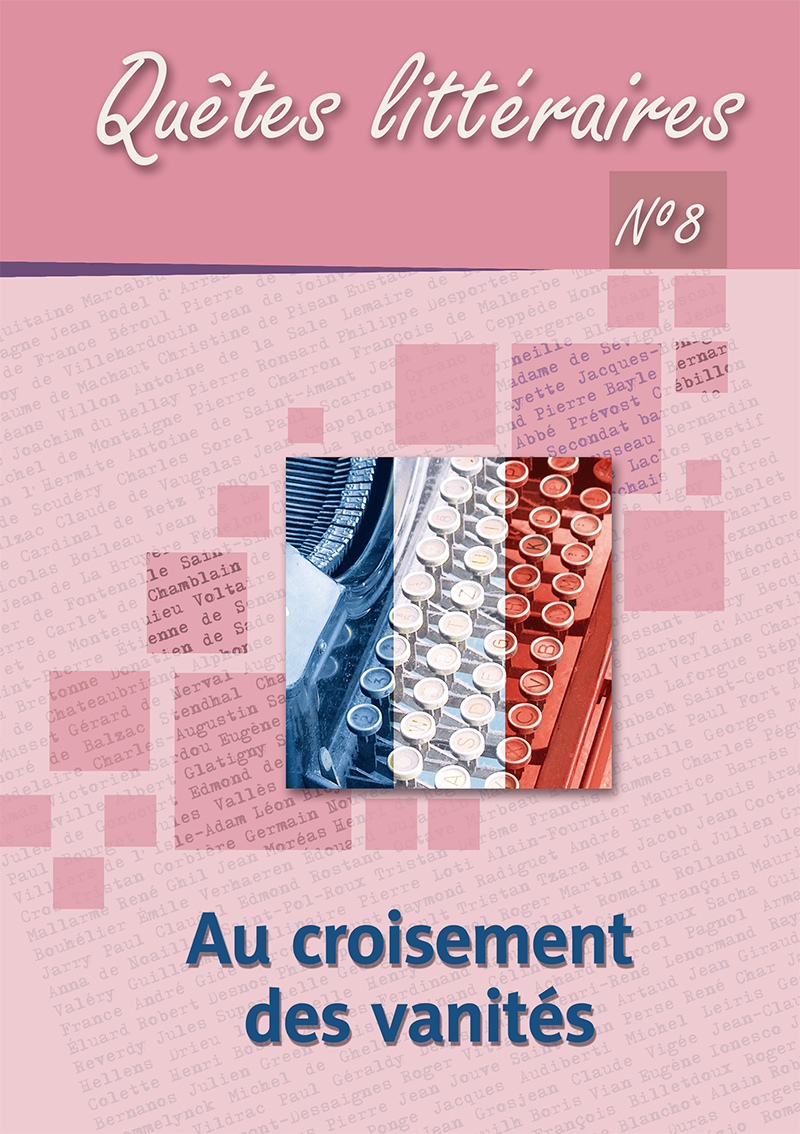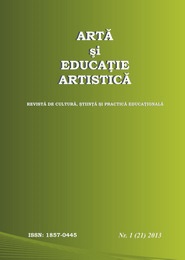
La lecture comme méthode interactive dans le processus de réception du texte dramatique
Reading is an important step in the process of reception of literary text. This article is an attempt to illustrate reading as an interactive process in the reception of the dramatic text by the beginning students in FFL. Our activities are designed around S. Hinglais's play “The fatal word".
More...
